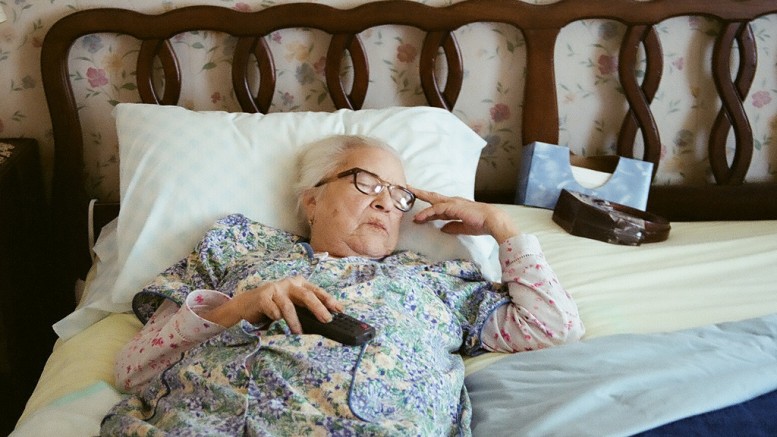It is a difficult thing to deal with the possibility that your loved one is being abused or neglected in a nursing home. After all, seeing your loved one in any form of pain is inevitably going to cause you emotional pain as well. However, just because you believe that your loved one is being abused or neglected, it does not mean that you have adequate evidence to show that it is happening. In order to help you figure this out, we have provided a list of signs your loved one is being abused or neglected in a nursing home.
Signs your loved one is being abused or neglected in a nursing home
One of the first signs you should look out for when trying to detect abuse or negligence is to simply check their body for injuries. Of course, evidence of injuries does not necessarily mean that the injuries came about as a result of abuse or negligence. Indeed, elderly people are at a higher risk of injury, both for bruising and for fractures. However, if you notice that your loved one is persistently or severely injured, especially when your loved one’s injury is not reported to you, this may serve as a good steppingstone to find better evidence of abuse and negligence.
There are other specific types of injuries that may manifest, which point to potential nursing home abuse and neglect. For example, if you see signs of bed injury and/or asphyxiation, this may be indicative of neglect by allowing your loved one to spend too much time in bed, and the caregiver not taking care to turn them over to prevent bed sores, for instance. Dehydration is a common symptom of neglect; some residents in nursing homes may not have the mobility required to get their own water as easily as people with normal mobility, so if a caregiver is unwilling to provide them the water upon request, it will inevitably lead to the resident not getting enough hydration. Of course, it doesn’t mean that the caregiver was intentionally trying to withhold hydration from them, or even that they were not attending to other needs of the resident. It can simply be that the resident did not realize they were in need of hydration. Because this is a possibility, caregivers have a responsibility to keep them hydrated, regardless of whether they specifically ask for water or not. This is similarly true for malnutrition, and physical sign of malnutrition can be obvious by comparing their weight to see if they have lost weight since being admitted into the nursing home.
Infections may result from abuse or neglect, and they become a particular sign of abuse or neglect if infections are persistent. This suggests that something is consistently happening that results in infections, and that caregivers are either unwilling or unable to solve whatever problem is leading to the occurrence of infections.
Some signs of abuse or neglect in a nursing home are not just physical signs, however. Abuse and neglect can result in the resident becoming withdrawn, agitated, and otherwise upset. If their mood has changed significantly, this may be a sign of abuse or neglect, and should be held up to other potential signs of abuse or neglect. One sign can be a coincidence; multiple signs is a pattern. They may also begin to wander or try to leave the nursing home altogether, which serves as a sign that they are attempting to leave an unsafe environment. Of course, if you do feel that they have been abused or neglected, one of the best ways to find out is by asking them. They may not remember, or may even be too confused to answer, but if they do affirm the presence of abuse or neglect, this is going to help you decide whether to look into it more.
The unfortunate truth is that when it comes to elderly people, elderly abuse is a serious risk in nursing home. This is due to some people viewing the elderly as a viable target for abuse, as elderly people may feel less inclined to speak up about abuse, or for certain people, they may not even remember that the abuse even occurred. The power imbalance at play in a caregiver-resident relationship is one that affords the caregiver a lot of power over them, and in turn, it gives them the opportunity to utilize that for their own end.
Abuse and negligence does not necessarily come in the form of physical abuse either. It may also manifest in verbal or financial abuse. For example, a caregiver may take their frustration out on the resident through insults and a demeaning attitude. Financial abuse may come in the form of stealing money from your loved one, or stealing valuables, such as jewelry. Should you notice certain items or money missing from your loved one’s possession, and you have suspicion that this may be due to theft by a caregiver (or even another resident), you should make sure to contact a nursing home abuse attorney right away so that a case can be put together. Nursing home abuse cases do not tend to go to trial often, so if you have a strong case to present, you can reliably expect to receive adequate compensation for the hurt that both you and your loved one have gone through.
